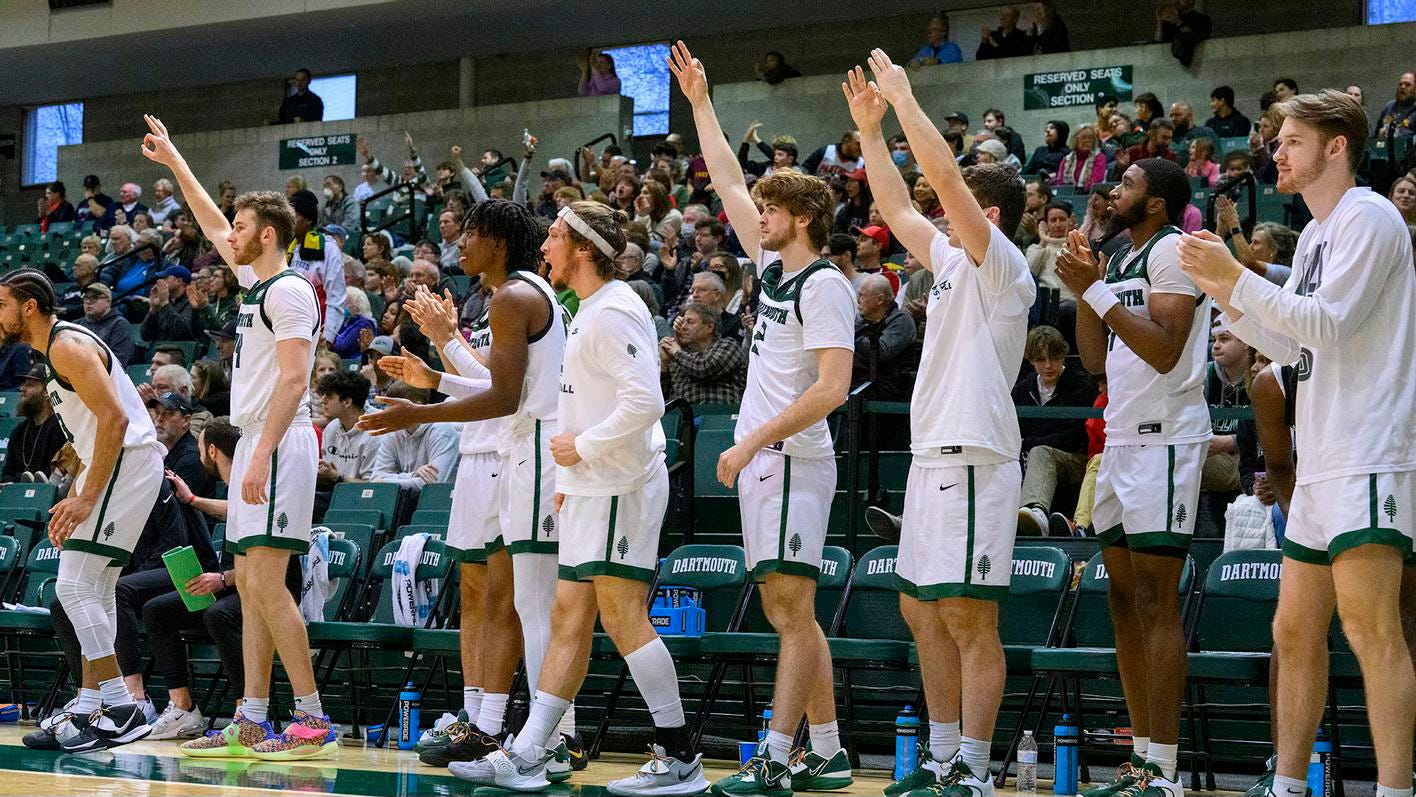In a historic move challenging the traditional model of collegiate athletics, the Dartmouth men's basketball team voted decisively on Tuesday to unionize, marking a significant stride toward creating the first labor union for college athletes. The groundbreaking election, overseen by the National Labor Relations Board (NLRB) at the school's Human Resources offices, resulted in a 13-2 vote in favor of joining the Service Employees International Union Local 560, an established union representing various Dartmouth workers.
This pivotal decision highlights a broader movement aimed at reshaping the landscape of college sports and challenging the NCAA's longstanding amateur business model. With every player on the roster participating in the vote, the Dartmouth men's basketball team has set a precedent for athlete rights in an era where college sports have evolved into a multibillion-dollar industry.
The NCAA, which has maintained the characterization of its players as ‘student-athletes’ prioritizing ‘education’, now faces intensified scrutiny as players seek to secure a more equitable share of the revenue. The move by Dartmouth's basketball team aligns with a growing sentiment that athletes deserve fair compensation and improved working conditions, especially considering the lucrative rewards reaped by coaches and institutions.
Statement on Student Basketball Players’ Unionization
The University Disagrees
“For Ivy League students who are varsity athletes, academics are of primary importance, and athletic pursuit is part of the educational experience. Classifying these students as employees simply because they play basketball is as unprecedented as it is inaccurate. We, therefore, do not believe unionization is appropriate.”
The statement above was published by the university shortly after the vote, boldly challenging the classification of student-athletes as employees. They branded it as both unprecedented and inaccurate. Dartmouth argues that this characterization doesn't align with the core mission of Ivy League institutions, where academic excellence takes center stage for student-athletes.
This response to the unionization efforts by student-athletes raises critical questions about the intersection of academics and athletics in Ivy League institutions. Contrary to Dartmouth's assertion that student-athletes are not employees, supporters of unionization argue that these individuals contribute significantly to the university's identity and success. Acknowledging their efforts as more than just extracurricular activities, emphasizes the need to recognize the athletes' role as contributors to the institution.
Redefining The Game
The decision to unionize represents a collective stand by student-athletes, signaling a desire for change and a commitment to addressing issues that have lingered in the shadows for far too long. As they embark on this journey, these athletes are positioned to negotiate for fair treatment, improved working conditions, and a more equitable distribution of the benefits derived from their athletic skills.
Contrary to Dartmouth's assertion that these students are not employees, the unionization movement challenges the status quo, asserting that student-athletes are essential contributors to the multibillion-dollar industry of collegiate sports. This advocacy extends beyond the basketball court, reflecting a broader movement within college sports to recognize the value of athletes and ensure they have a say in shaping their own destinies.
As the unionization effort gains momentum, it marks a pivotal moment for student-athletes not just at Dartmouth but across the nation. The power dynamics within collegiate sports are undergoing a significant shift, and these athletes are seizing the opportunity to redefine their roles, demand transparency, and secure a seat at the decision-making table.
The unionization of student-athletes at Dartmouth represents a beacon of hope for those who believe in a more equitable future for collegiate sports. It is a call for recognition, respect, and the acknowledgment of the vital contributions made by these athletes, who have decided that it's time to rewrite the narrative and advocate for their rights in a system that has, for too long, operated without their full participation.





